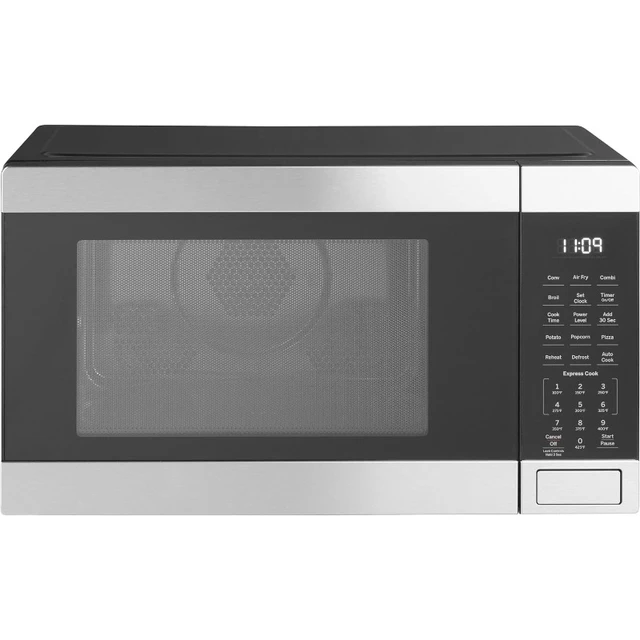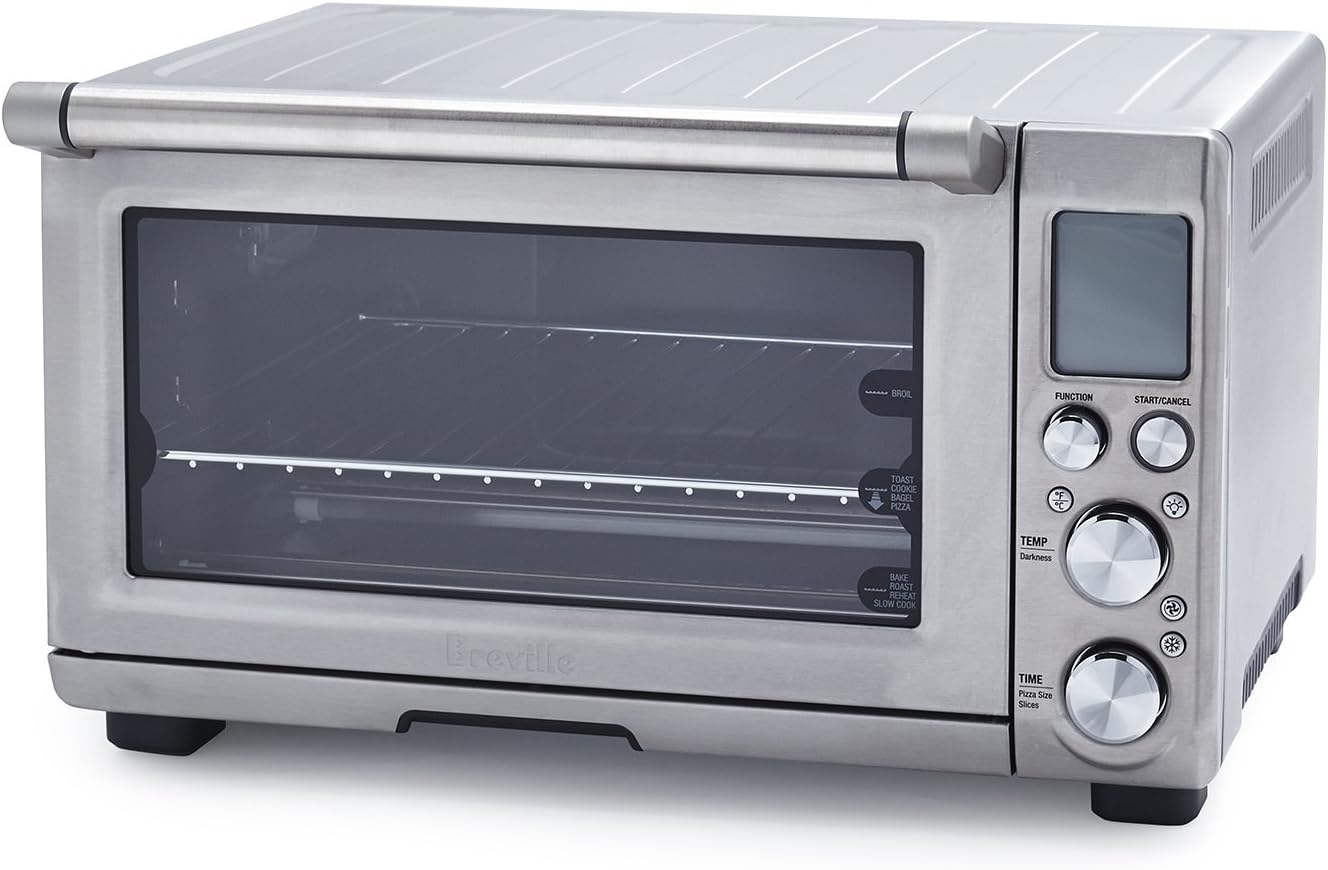Introduction:
Microwaves have become a staple appliance in many households, offering convenient and quick cooking options. However, concerns often arise regarding the impact of microwave cooking on the nutritional value of food. Understanding the effects of microwaves on nutrients can help individuals make informed decisions about their cooking methods. In this article, we will explore whether microwaves preserve nutrition, the impact of microwave cooking on different nutrients, and practical tips to optimize the nutritional value of microwaved food.

Does a Microwave Preserve Nutrition?
Microwave Cooking Basics:
Microwaves heat food differently from traditional cooking methods such as stovetops or ovens.
Microwaves use electromagnetic waves to generate heat directly within the food, causing water molecules to vibrate and generate heat.
Retention of Water-Soluble Vitamins:
Water-soluble vitamins, such as vitamin C and B vitamins, are sensitive to heat and are easily lost during cooking.
Microwave cooking typically requires shorter cooking times and minimal water usage, which can help retain water-soluble vitamins better than other cooking methods.
Effect on Antioxidants:
Antioxidants, such as polyphenols and flavonoids, are compounds found in many fruits, vegetables, and herbs that help protect cells from damage.
Microwaves can help preserve the antioxidant content of food by reducing the cooking time and minimizing exposure to oxygen and light.
Impact on Fat-Soluble Vitamins:
Fat-soluble vitamins, including vitamin A, D, E, and K, are more stable when exposed to heat.
Microwaves can help retain fat-soluble vitamins by cooking food quickly and with minimal amounts of liquid.
Maintenance of Nutrient Integrity:
The shorter cooking times associated with microwaves can help maintain the integrity of nutrients.
This is especially true for delicate nutrients that may be lost or degraded during prolonged cooking.

Retention of Minerals:
Microwaves can help preserve the mineral content of food due to the shorter cooking times and minimal contact with water.
Unlike boiling or steaming methods, where minerals are dissolved into the cooking water, microwaves minimize mineral loss.
Impact on Protein:
Microwaves can effectively cook protein-rich foods such as meat, poultry, and fish.
High temperatures achieved in microwaves can help seal in juices, preserve tenderness, and minimize the loss of essential amino acids.
Microwaving and Nutrient Loss:
While microwaving is generally considered a nutrient-preserving cooking method, some nutrient loss can still occur.
Like any cooking process, microwaving can cause some nutrient degradation due to heat exposure and prolonged cooking times.
Tips for Maximizing Nutrition in Microwaved Food:
a. Use Minimal Liquid: Minimize the use of water or other liquids when microwaving food to reduce nutrient loss.
b. Cut Food into Uniform Sizes: Cut food into uniform sizes to ensure even and efficient cooking, reducing the need for longer cooking times.
c. Cook in Short Intervals: Cook food in short intervals, periodically checking for doneness to prevent overcooking and nutrient loss.
d. Cover Food: Covering food with a microwave-safe lid or microwave-safe wrap helps retain moisture and reduce nutrient loss.
e. Use Microwavable Containers: Utilize microwave-safe containers that are designed for safe and efficient cooking in microwaves.
f. Stir and Rotate: Stirring or rotating food during microwaving promotes even cooking and minimizes the risk of nutrient degradation.

Considerations for Nutrient Retention:
While microwaving can help preserve nutrients, other factors can affect nutrient retention, regardless of the cooking method.
Factors such as storage conditions, processing methods, and the freshness of ingredients can impact the nutritional quality of food.
Balanced Diet and Variety:
Maximizing nutrient intake is not solely dependent on cooking methods.
Consuming a balanced diet with a variety of nutrient-dense foods ensures an adequate intake of essential vitamins, minerals, and antioxidants.
Scientific Evidence:
Scientific studies have examined the effects of microwave cooking on the nutritional value of food.
Research has shown that microwaving can help retain nutrients better than other cooking methods, such as boiling or frying.
One study published in the Journal of Food Science found that microwaving broccoli retained higher levels of vitamin C and other antioxidants compared to boiling or steaming.
Impact on Cooking Time:
One of the advantages of microwaving is its ability to cook food quickly.
The shorter cooking time helps minimize nutrient loss, as prolonged cooking can lead to greater nutrient degradation.
Temperature Control:
Microwaves offer precise temperature control, allowing food to be cooked at specific temperatures.
This control contributes to the preservation of nutrients, as overheating can lead to nutrient loss.

Individual Food Variability:
The impact of microwaving on nutrient preservation can vary depending on the specific food being cooked.
Different foods have different nutrient compositions, and the effect of microwaving can be influenced by factors such as moisture content and nutrient stability.
Comparison to Other Cooking Methods:
When comparing microwaving to other cooking methods, such as boiling or frying, microwaving tends to offer better nutrient retention.
Boiling, for example, can lead to significant nutrient loss as vitamins and minerals leach into the cooking water.
Overall Nutritional Impact:
While microwaving can help preserve the nutritional value of food, it is important to consider the overall dietary context.
The nutritional impact of microwaving is just one factor in maintaining a balanced diet that includes a variety of nutrient-rich foods.
Nutrient Loss Factors:
Nutrient loss during microwaving can occur due to several factors.
Factors such as high heat exposure, excessive cooking times, and repetitive reheating can contribute to nutrient degradation.
Microwaving and Health Benefits:
Microwaving can offer health benefits beyond nutrient preservation.
For example, microwaving vegetables can help retain their vibrant colors and crispness, making them visually appealing and potentially more enjoyable to eat.

Conclusion:
Microwave cooking can help preserve the nutritional value of food due to its shorter cooking times and minimal liquid usage. Microwaves can help retain water-soluble vitamins and antioxidants while maintaining mineral integrity. While some nutrient loss may still occur, taking practical steps such as using minimal liquid, cooking in shorter intervals, and using appropriate cookware can help optimize the nutritional value of microwaved food. It is important to remember that overall nutrition should be achieved through a balanced diet and a variety of nutrient-rich foods. By understanding the impact of microwaves on nutrients and implementing best practices, individuals can make the most of this convenient cooking method while maximizing the nutritional benefits of their meals.




